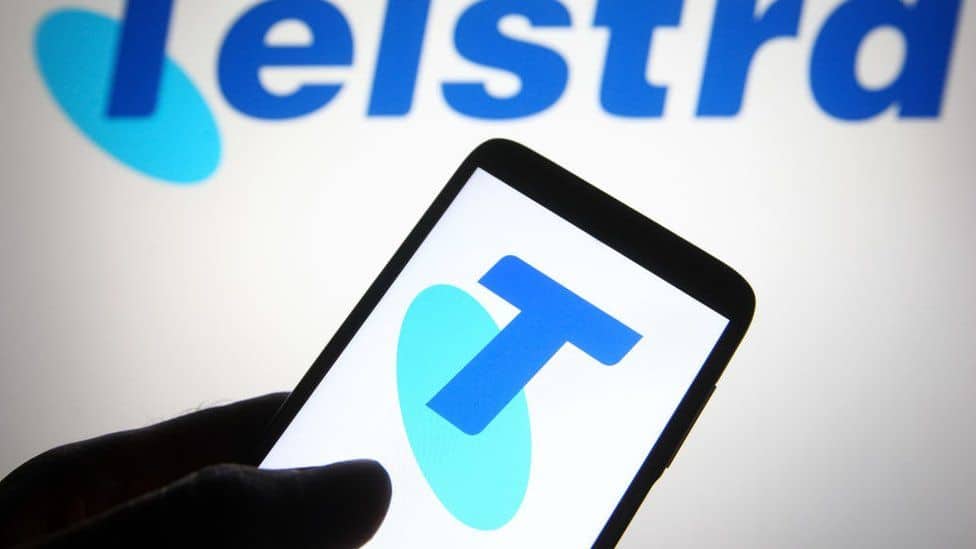The Australian government and telecoms giant Telstra are buying a Pacific telecoms company in a joint venture.
The move is being viewed as a political block to China’s influence in the region.
Telstra called the A$2.1bn ($1.6bn; £1.2bn) deal a “unique and very attractive commercial opportunity to boost our presence in the region”.
Digicel Pacific employs 1,700 people across Papua New Guinea, Fiji, Samoa, Vanuatu and Tahiti.
The company’s future has been the focus of speculation for months.
Last year Digicel denied a report that it was in talks to sell its Pacific arm to state-owned China Mobile.
According to Telstra, the Australian government approached it “to provide technical advice in relation to Digicel Pacific” which is “critical to telecommunications in the region”.
The government then agreed to finance the bulk of the bid, Telstra said.
Strategic move
Analysts say the company would otherwise be attractive to China as it seeks to assert greater authority in the region.
“Digicel is the primary player in the Pacific and Australia sees it as a strategic asset that they can’t allow to fall into the hands of China,” said Jonathan Pryke of the Lowy Institute, a Sydney-based think tank.
“They are keen to get Australian business back into the Pacific and they’ve come to the realisation that they are going to have to underwrite.”
A spokesman for Australia’s Department of Foreign Affairs and Trade told newswire Reuters: “Partnering on infrastructure development is a key part of our Pacific step-up.”
Amid escalating tensions with China, Australia has ramped up its presence in the Pacific.
This includes allocating $1.5bn to investment in infrastructure projects in the region as well as joining the Quad group, with the US, India and Japan, and the Aukus security pact, with the US and UK.
It also largely funded a 4,700km (2,900-mile) Coral Sea cable in 2018 to prevent Chinese telecoms company Huawei Technologies from laying it.
It is also now helping to finance an undersea optic fibre cable for Palau.
Chinese control of telecommunications networks has long been a concern for Washington and its allies.
This has led many countries to ban Huawei and other Chinese companies from supplying phone lines and 5G networks, including the US, UK and Australia.

